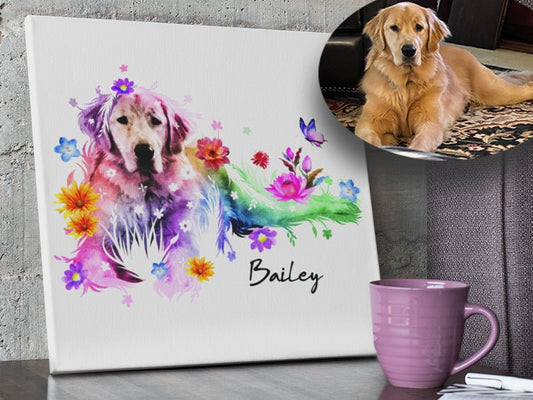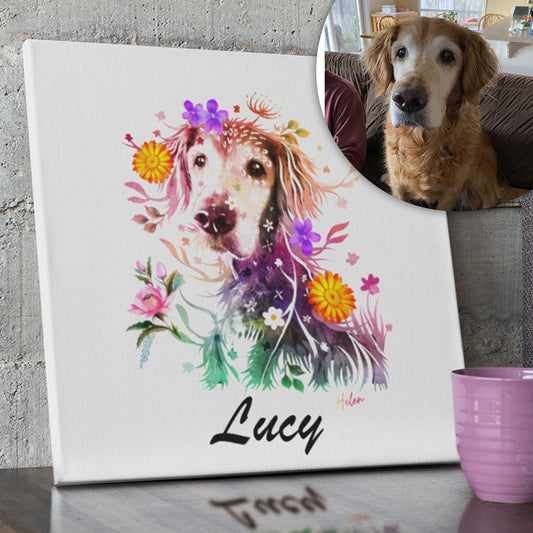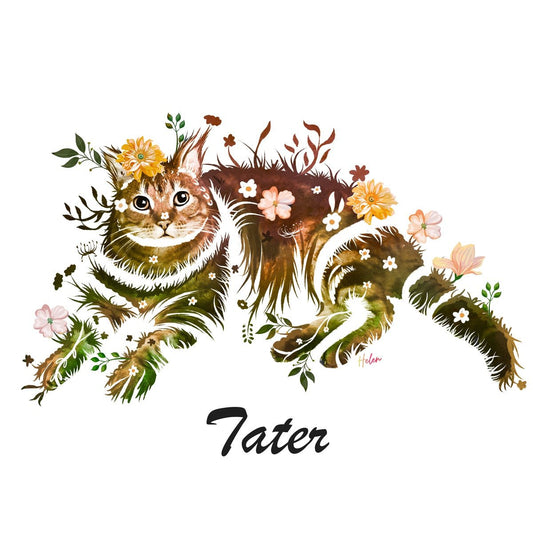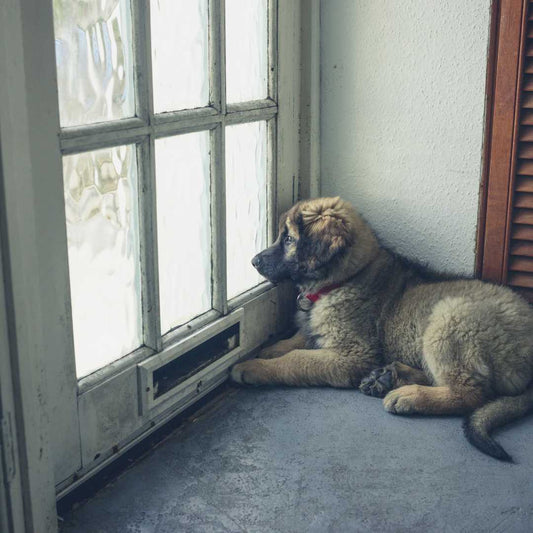The loss of a beloved pet is never an easy experience. For many, pets are more than just animals - they're cherished members of the family. It's only natural to want to handle their remains in a manner that respects their memory and your bond. This guide will provide comprehensive advice on what to do with your dog's body after its passing.

Understanding Your Grief
Coming to Terms with Your Loss
Losing a pet can be a deeply emotional and traumatic experience. It's important to allow yourself time to grieve and process your emotions. It's okay to feel:
- Sadness: It's natural to feel a deep sense of loss when a pet dies.
- Guilt: Some pet owners may feel guilty, especially if they had to make the decision to euthanize.
- Anger: This could be directed at oneself or others, including the veterinarian.
- Denial: Some people may initially refuse to believe that their pet is gone.
- Loneliness: Pets are often constant companions, and their absence can create a void.
Options for Pet Body Care
Home Burial
Home burial is a common choice for many pet owners.
It can be a personal and therapeutic process, allowing you to say goodbye in your own time and space. Some considerations include:
- Check local regulations: Some areas may have restrictions on home pet burials.
- Choose a suitable spot: The grave should be deep enough to deter other animals.
- Consider a pet casket: This can help protect the body and make the process more manageable.
Cremation
Cremation is another option.
This process involves the incineration of the body, with the remains, commonly known as 'ashes,' returned to the owner.
- Private cremation: Your pet is cremated individually, and the ashes returned to you.
- Communal cremation: Multiple pets are cremated together, and the ashes are typically not returned.
Pet Funeral Services
Arranging a Pet Funeral
Arranging a funeral or memorial service for your pet can be a helpful part of the grieving process.
This can be a simple, private event, or a larger gathering with friends and family who knew your pet.
- Decide on the location: This could be at your home, a pet cemetery, or a favorite place you visited with your pet.
- Consider readings: Poems, stories, or memories can be shared.
- Think about a tribute: You may wish to create a tribute, such as a photo collage or a memory box.
Commemorating Your Pet
Creating a Lasting Memorial
Creating a lasting memorial can provide comfort and serve as a reminder of the happy times you shared with your pet.
- Plant a tree: This can symbolize life and growth, even in the face of loss.
- Commission a portrait: A custom portrait can be a beautiful tribute to your pet.
- Memorial jewelry: Some companies can incorporate your pet's ashes into unique pieces of jewelry.
Seeking Support
Finding Comfort in Others
Remember, it's perfectly fine to seek support during this time. Reach out to friends, family, or pet loss support groups. They can offer comfort, understanding, and a sympathetic ear.
Professional Help
Consider seeking professional help if your grief seems overwhelming or persists for an extended period of time.
Therapists or counselors who specialize in pet loss can provide strategies and tools to cope with your feelings.
Moving Forward
Healing Takes Time
Healing from the loss of a pet takes time.
It's okay to mourn and remember your pet for as long as you need.
In time, the pain will lessen, and you'll be able to remember your pet with more joy than sadness.
Remembering Your Pet
Keeping your pet's memory alive can be a comforting act.
You might want to celebrate your pet's "birthday" or the anniversary of its adoption. A
nother idea is to volunteer or donate to an animal-related cause in your pet's name.
In the end, the pain of losing a pet is simply a testament to the joy and love that they brought into our lives.
Remember, it's okay to grieve, it's okay to cry, and it's okay to miss them.
They were a part of your family, and their memory will always hold a special place in your heart.
Deciding When to Get Another Pet
The decision to bring another pet into your life after the loss of one is deeply personal and varies widely from person to person.
Some people may feel ready to welcome a new pet quite soon, while others may need a longer period of mourning before they can consider it.
There's no right or wrong timeline—it's about what feels right for you.
- Allow Yourself to Grieve: Before bringing a new pet into your life, make sure you have given yourself enough time to grieve the loss of your previous pet. It's essential to remember that getting another pet does not mean replacing the one you lost.
- Consider Your Readiness: Consider whether you are emotionally, physically, and financially ready to take on the responsibility of a new pet.
- Think About Your Other Pets: If you have other pets, consider how they are adjusting to the loss. They may need time to adapt before a new pet is introduced.
Conclusion
The loss of a dog is a painful experience, but the memories and the bond you shared will always remain.
Whether you choose to bury your pet at home, opt for cremation, or decide to create a lasting memorial, remember that it's a personal decision and there are no wrong choices—only what feels most comforting to you.
Take your time, allow yourself to grieve, and seek support when needed. And when you're ready, remember that it's okay to move on, keeping the memory of your beloved pet alive in your heart.
Here you can find some more resources that could help you through this difficult moment.
- Flowerpup Portraits: The only Artwork that can help you start your journey to healing after the loss of your pet
-
American Veterinary Medical Association: They have a page dedicated to what to do when your pet dies.
-
The Association for Pet Loss and Bereavement: Provides resources for grieving pet owners, including hotlines, chatrooms, and recommended readings.
-
The Humane Society: They have resources on how to handle the body after your pet's passing.
-
Pet Loss Support: Offers resources like hotlines, chatrooms, and lists of support groups, therapists, and counselors who specialize in pet loss.
-
ASPCA: They provide a comprehensive guide on end-of-life care for pets, which includes information on euthanasia, hospice care, and bereavement.
-
Rainbow Bridge: An online pet memorial and grief support community.
-
Pet Loss Help: Offers resources and support for mourning pet owners, including memorial ideas.
-
Best Friends Animal Society: A guide to making difficult decisions when your dog dies.
-
Cremation Resource: Provides detailed information on the cremation process.
-
The Comfort Company: An online retailer offering sympathy gifts and memorial jewelry, including pieces specifically designed for pet loss.





